
Important News for Everyone Who Loves a Daytime Nap

We often assume that sleep only “belongs” to the night. Yet, the truth is that humans are naturally designed to rest in short intervals throughout the day—just like many animals that nap in small bursts to stay alert and energized.
Modern life may have trained us to power through the afternoon slump, but our biology still whispers the same message: a little daytime rest can make a big difference.
So, if you occasionally sneak in a nap, you’re not being lazy—you’re giving your mind and body exactly what they need. Research consistently shows that even a 20-minute nap can unlock remarkable mental, emotional, and physical benefits.
1. A Nap Can Instantly Lift Your Mood
When you sleep, your brain releases serotonin, often called the “happiness chemical.” Even a quick nap can:
-
Restore emotional balance
-
Reduce irritability and stress
-
Leave you feeling calmer, lighter, and more optimistic
Think of it as pressing the reset button for your emotions. Just a few minutes of shut-eye can help you return to your day with a renewed sense of patience and positivity.
2. Napping Improves Learning and Focus
Ever feel mentally foggy after hours of studying or working? That’s your brain’s signal that it needs a break.
Scientific studies reveal that:
-
A 30-minute nap boosts alertness, accuracy, and attention.
-
A 60-minute nap enhances problem-solving and long-term memory.
And here’s the best part: a short nap won’t leave you groggy. If you keep it under half an hour, you’ll wake up refreshed and ready to focus again—no caffeine required.
3. Daytime Sleep = Sharper Alertness
NASA once studied pilots who took a 40-minute nap and found their alertness improved by up to 100%. That’s not a typo—double the focus, simply from resting mid-flight.
Now, compare that to coffee:
-
A 20-minute nap can provide a similar energy surge to a strong cup of coffee—without the jittery crash afterward.
-
Plus, naps help your brain recover naturally, rather than pushing it with stimulants.
4. Naps Can Supercharge Your Creativity
Some of history’s most inventive minds—Leonardo da Vinci, Thomas Edison, and Salvador Dalí—were famous for their strategic naps. They believed short bursts of rest unlocked creativity and insight, and science now supports their intuition.
A nap gives your brain space to:
-
Refresh its creative centers
-
Strengthen connections between ideas
-
Encourage “out-of-the-box” thinking
After a nap, many people report sudden clarity or new solutions to problems that felt impossible before.
5. Nap Time Strengthens Your Memory
Memory isn’t just about what you learn—it’s about how your brain stores and organizes information afterward. During naps, your brain converts short-term memories into long-term ones, a process known as memory consolidation.
That means you don’t just feel more focused—you actually retain what you learn more effectively. For students, professionals, or anyone mastering a new skill, this makes naps a true performance enhancer.
6. Naps Sharpen Your Senses
Many nap lovers say that after resting, colors look brighter, sounds are crisper, and food tastes better. That’s not your imagination—your brain processes sensory input more efficiently after a brief period of rest.
In other words, a nap doesn’t just wake you up—it fine-tunes your entire sensory experience.
7. Napping Supports Physical Health
When you’re constantly sleep-deprived, your body releases cortisol, the stress hormone that weakens immunity, raises blood pressure, and slows recovery.
But during a nap, your body:
-
Releases growth hormones that repair tissues and muscles
-
Reduces cortisol levels
-
Boosts your immune system and overall resilience
Regular naps can even contribute to heart health, lower stress-related inflammation, and help stabilize your metabolism.
So, How Long Should You Nap?
| Nap Duration | Key Benefits | Best For |
|---|---|---|
| 10–20 min | Quick energy boost, mental refresh | Midday slump |
| 30–45 min | Improved focus, memory, and attention | Brain fatigue |
| 60–90 min | Deep cognitive recovery and REM sleep | Creative work, problem-solving, or physical recovery |
💡 Pro Tip: Aim to nap between 1–3 PM—your natural circadian rhythm dips then, so it won’t interfere with your nighttime sleep.
The Bottom Line
If you’ve ever felt guilty for napping, it’s time to change that mindset. Far from being a sign of laziness, a short nap is one of the most natural, efficient ways to recharge your brain and body.
Whether it’s 15 minutes or a full hour, taking time to rest can:
-
Lift your mood
-
Boost memory and creativity
-
Enhance focus and alertness
-
Support long-term physical health
So the next time you hit an afternoon slump, don’t reach for another cup of coffee. Close your eyes instead.
Your brain—and your future self—will thank you.
News in the same category

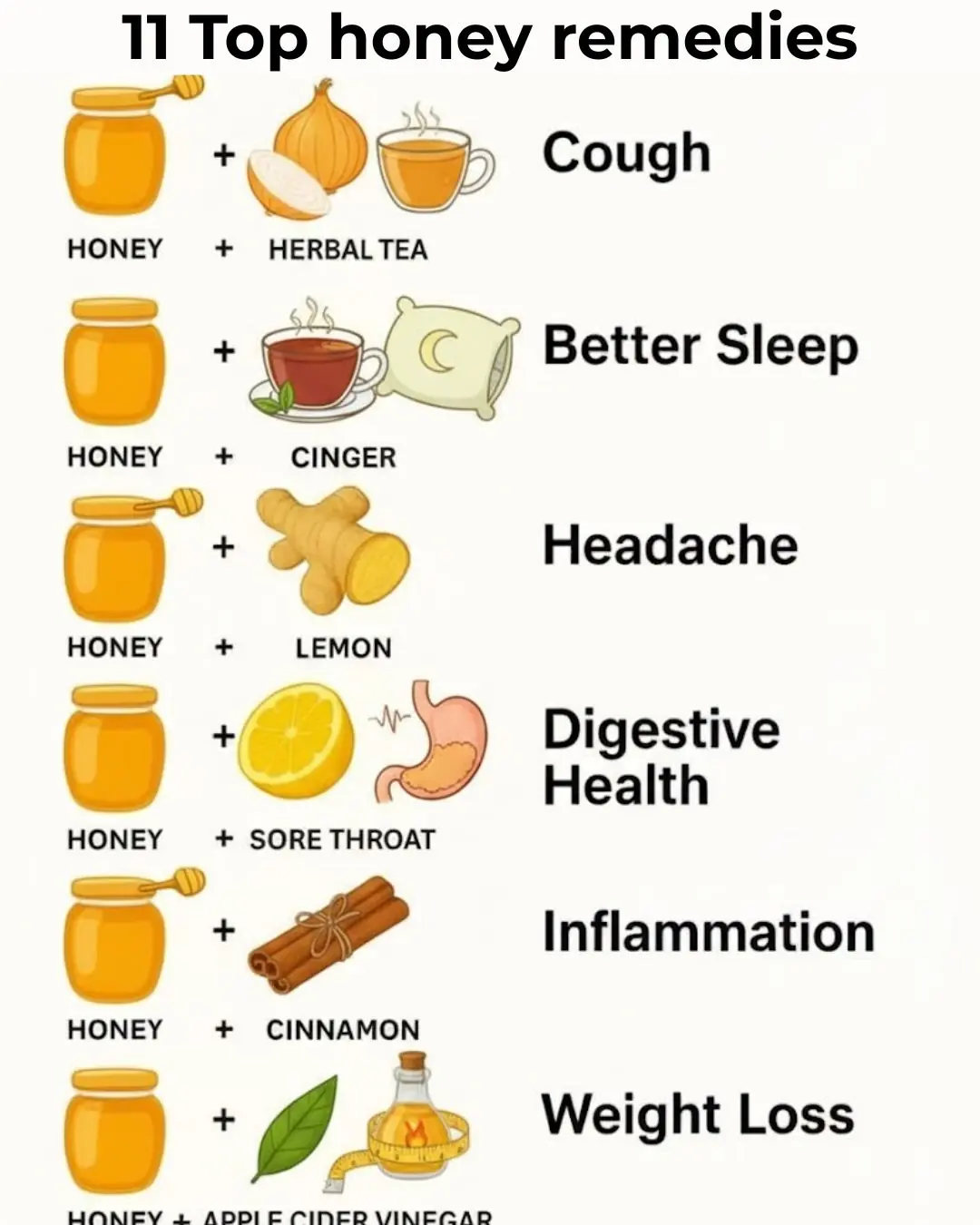
11 Honey Remedies That Truly Work
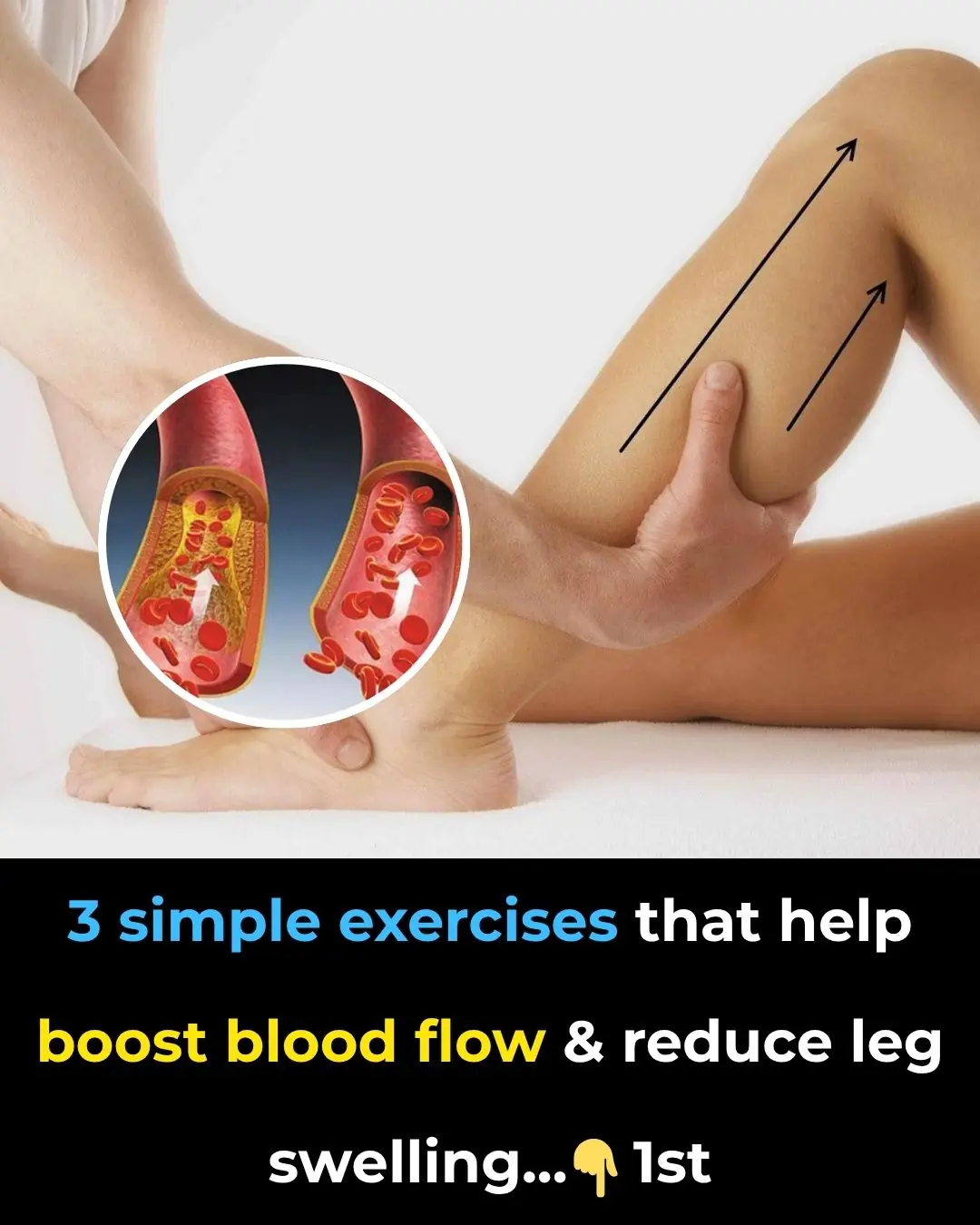
The only 3 exercises you need to improve leg circulation

For those who eat canned tuna: you should know that
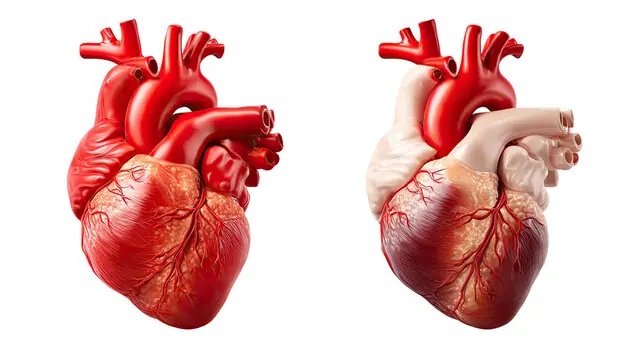
What Really Happens to Your Heart During a 5-Day Fast: A Day-by-Day Breakdown

The Magnesium Solution: 10 Essential Foods to Naturally Conquer High Blood Pressure

If You Have High Blood Pressure, NEVER Do This in the Morning

How to Make Alkaline Water to Fight Fatigue, Digestive Issues, and Cancer

Why Drinking Water on an Empty Stomach Is Beneficial

People Left Disgusted: Shocking Truth About How Crabsticks Are Made

Alarming Study Links Eating Ramen Often to Early Death

This is what happens to your body if you eat eggs for breakfast.
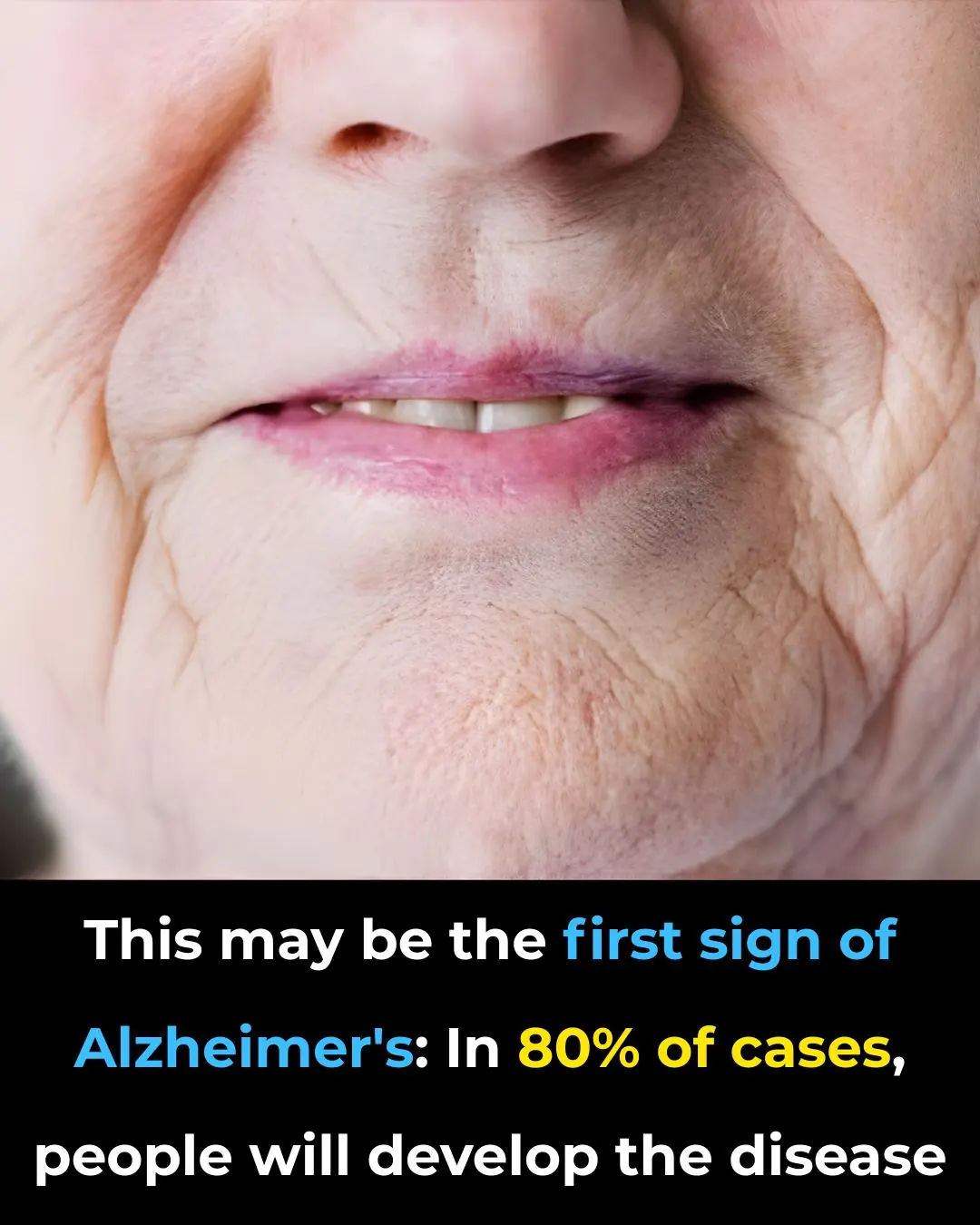
This may be the first sign of Alzheimer’s

3 types of cheap vegetables in the market help treat melasma effectively: Crush them and apply them to your face to see

10 Warning Signs Your Liver is Overloaded with Toxins Don’t Ignore These!

Doctors Urge: Don’t Ignore Unexplained Bruising These Hidden Reasons Could Be the Cause

Struggling to Sleep? A Famous Doctor’s 60-Second Trick Could Change Your Nights Forever
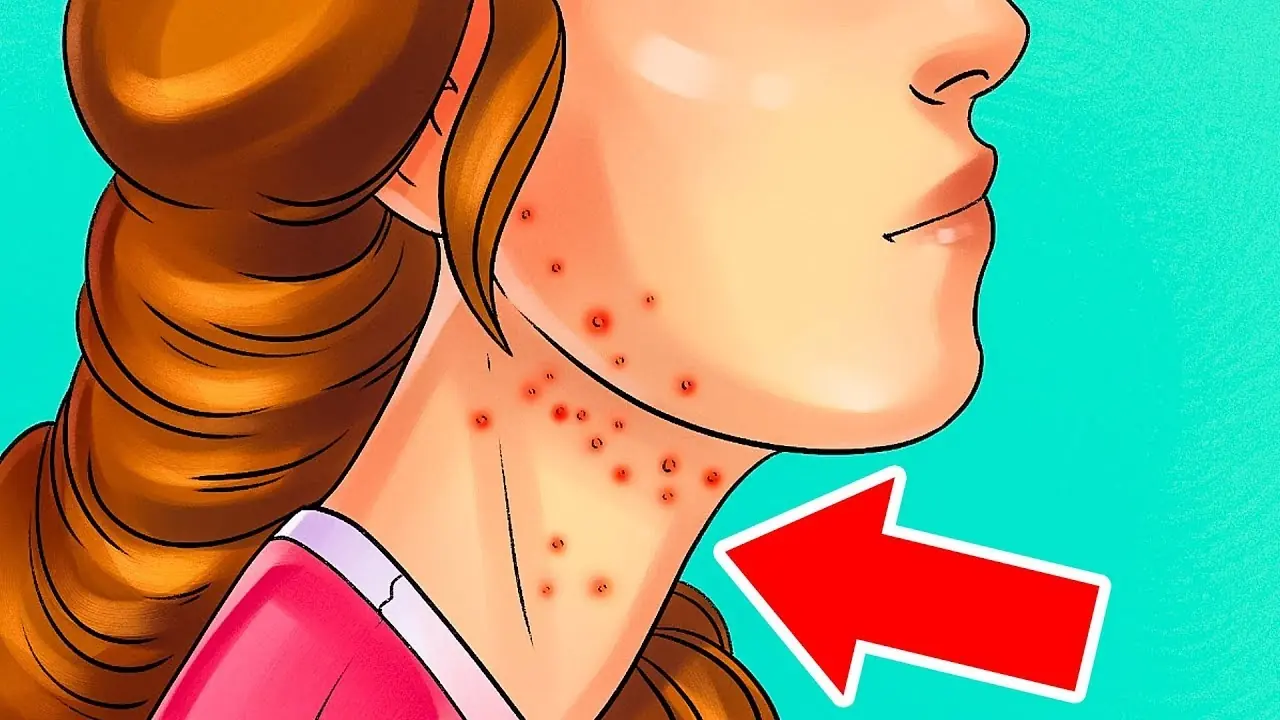
10 Urgent Warning Signs You’re Eating Too Much Sugar

Holding Cloves in Your Mouth: A Natural Way to Relieve Toothache
News Post

What Your Lips Say About Your Health

The Night Edith Found Her Angels at a Waffle House

The Dog Who Healed Our Hearts: A Story of Rescue, Love, and Second Chances

A Night at McDonald’s That Changed a Life — And Mine

Beyond the Badge: A Police Officer’s Reflection on True Community Connection

Koda the Christmas Bandit: The Dog Who Unwrapped Every Gift Under the Tree

A Brother’s Gift: Caleb’s Courage for His Sister Libby
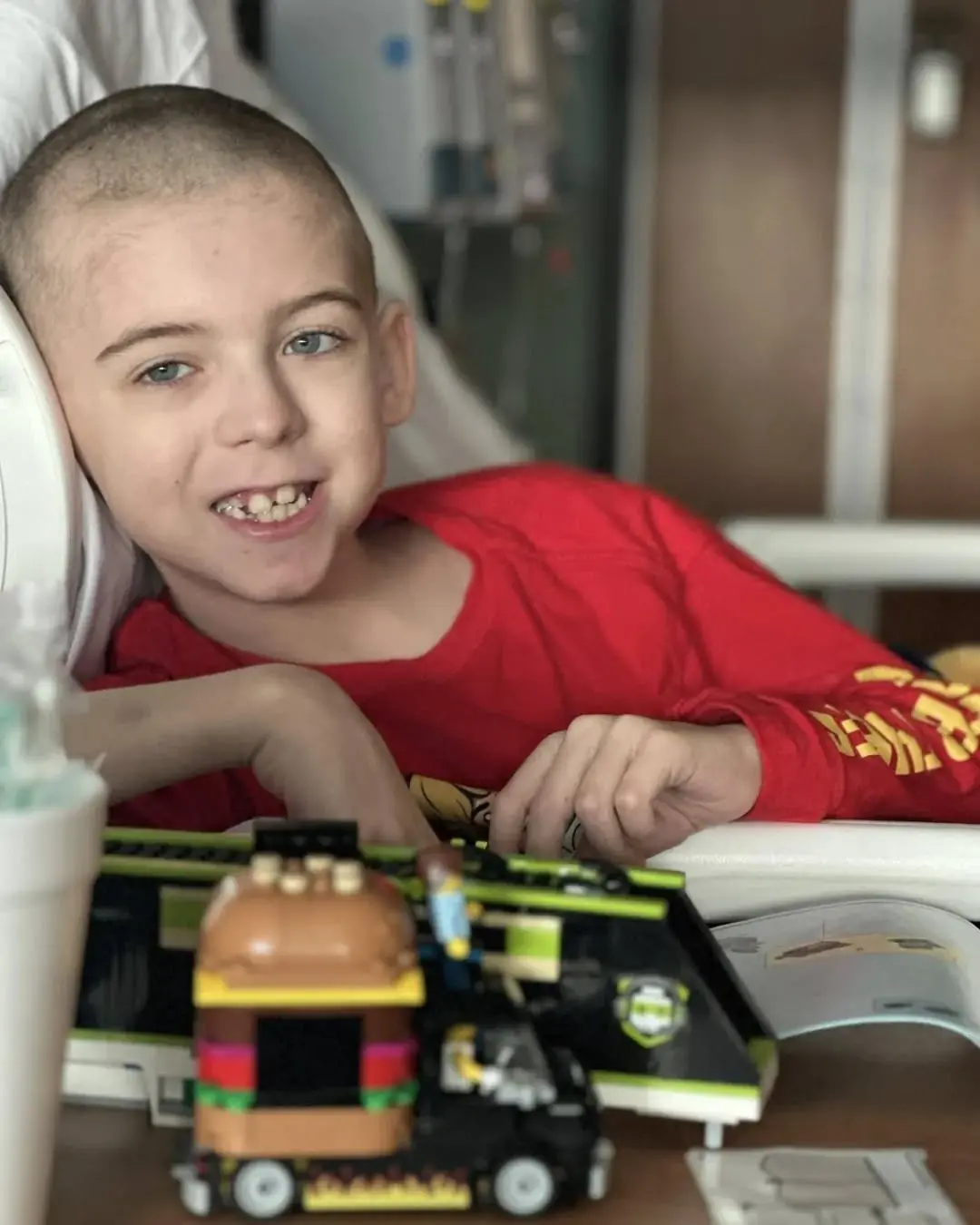
Two Brothers, One Battle: The Scotts’ Fight for Life and Hope

An Elephant’s Cry, A Human Answer.

The Farmer’s Slow Lane

The Gift of a Grandfather Without Bloodlines.

12 Powerful Natural Painkillers Found in Your Kitchen

11 Honey Remedies That Truly Work

4 Dangerous Mistakes When Using an Air Fryer That Can Lead to Poisoning, Cancer, and Even Fires
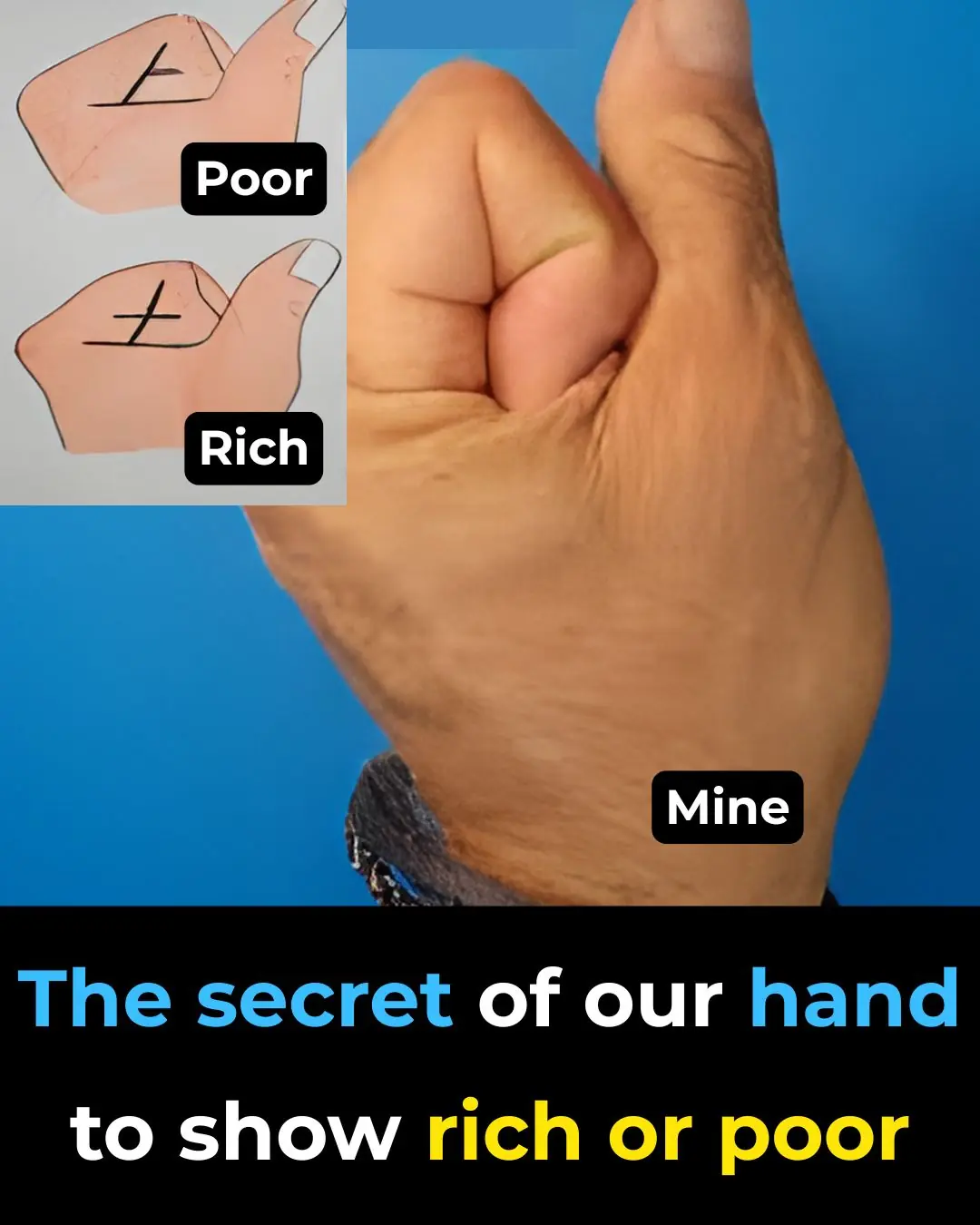
The Secret of Our Hand to Show RICH or POOR…
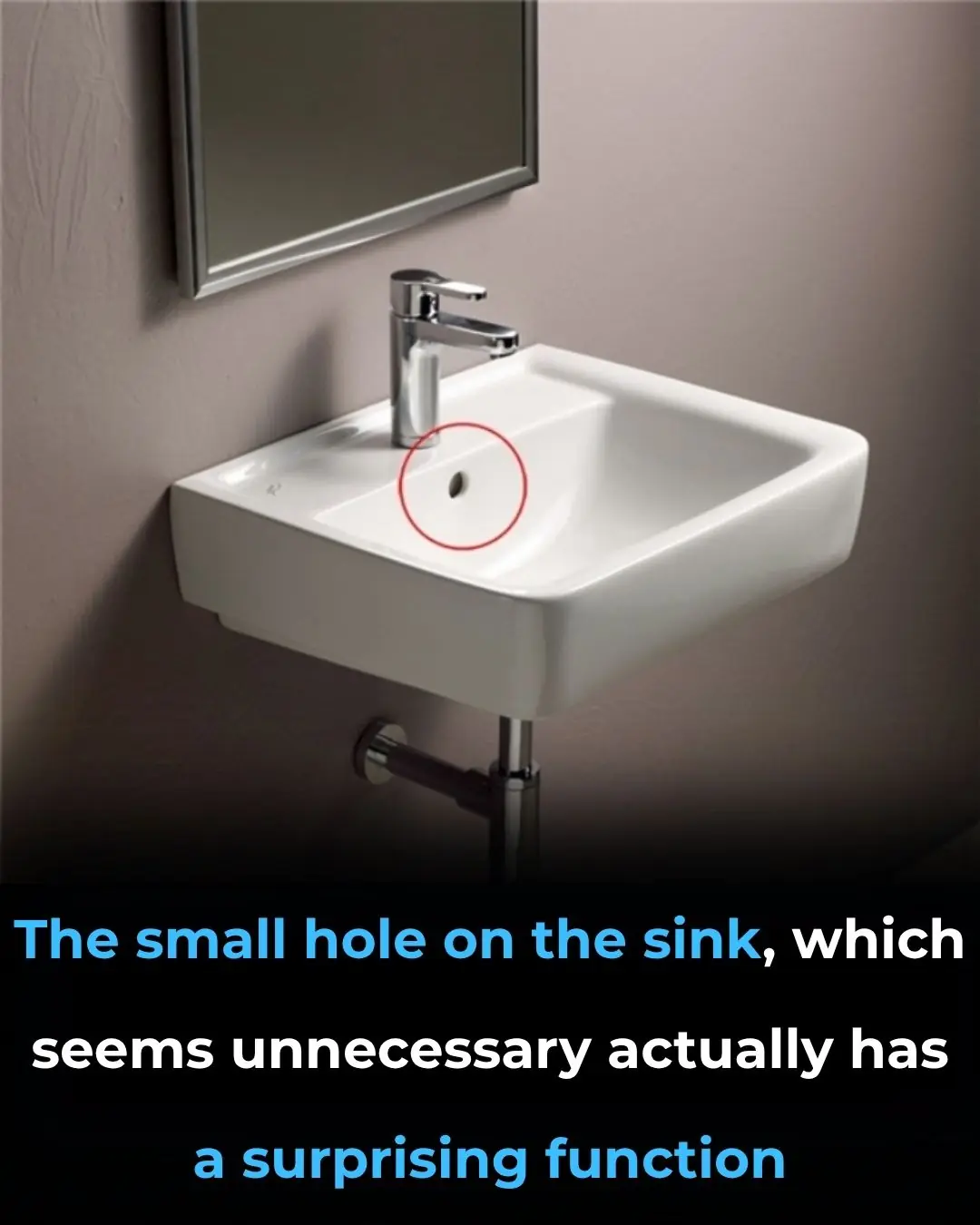
The Purpose of the Overflow Hole in Your Sink You Never Knew

Only 2% Know This Ancient Spice Can Clean Lung Mucus Overnight 💥

🌿 SENIORS: This 1 Leaf DESTROYS Diabetes & Melts Belly Fat (Doctors HATE It!) | Barbara O’Neill
